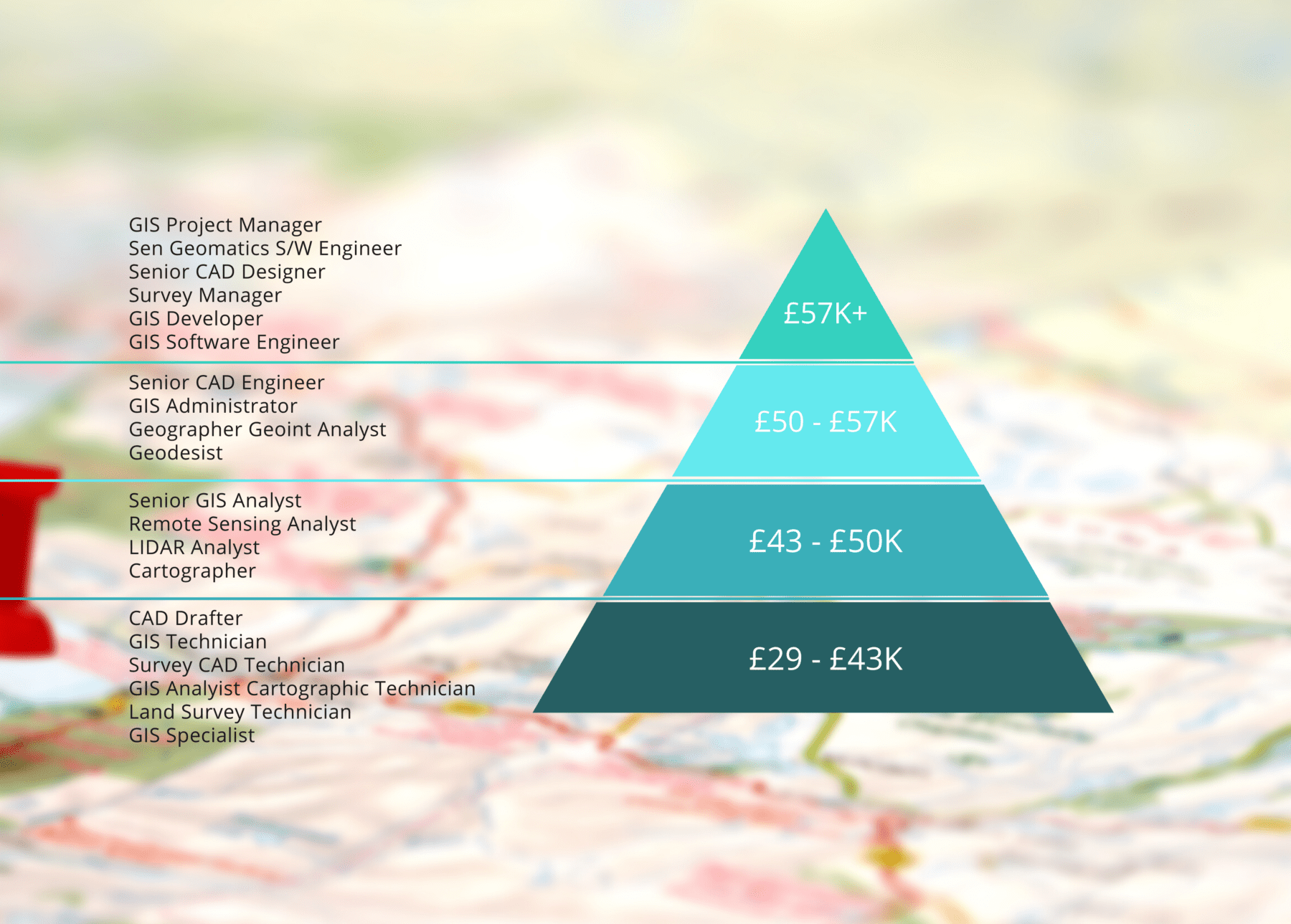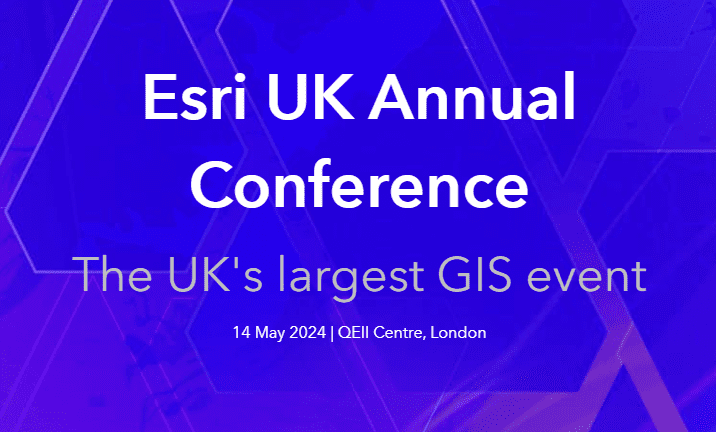Jobs in Geospatial – How and why

What are the two most important questions when deciding on a career? How and Why.
How do you get into the industry? How do you build up the skills, the experience, how do you find the jobs?
And why would you want to pursue that path?
I’ve picked the brains of our MGISS team and amalgamated their knowledge with some facts and figures to offer anyone thinking of entering into this sector some certified guidance and plenty of encouragement. Though it appears to be a niche market, never underestimate just how many roles there are in the industry how many different skills are sought after and cultivated, and just how comprehensive the journey into the industry can be. Geospatial work is work diversity. Never underestimate the why.
Similar to GIS technicians, GIS analysts are entry-level positions that form the foundation of the industry. GIS analysts often transition into management, development or specialised fields like LIDAR and remote sensing. Along with advanced education, one option is to learn GIS programming to upskill and identify rungs of opportunity on the Geospatial ladder.
For many, when we talk about Geospatial, it goes back to those initial A-level subjects: Maths, Physics and Geography. One of the most popular options therefore at University happens to be Land Surveying.
This kind of route opens up a whole skill base in survey equipment supply – getting to know surveying methodology, supporting internally the delivery of equipment while engaging with clients, engaging with people on the ground, conducting pre-sales demos and conducting the training once the equipment was hired or bought.
This is where you’ll mould your skills in building relationships and understanding what clients are looking for, potentially shaping for yourself a future in sales if you want to be customer-facing without dealing with data.
The real joy, in either role, is being able to get a positive experience back from a client. The art and science of understanding the nuance of each client, what they need, and what their expectations are. Variety is evergreen in Geospatial, so you might find yourself out on the field and site at different locations around the country, as well as in the office – engaging with different people every day to achieve their goals.
Applying for jobs is never an easy experience, but there are a lot of graduate programmes out there; ESRI provides one, as do many civil engineering companies, all of which are great for people fresh out of University, starting their work-life journeys. Gaining knowledge and skills without any experience can be hard, so sometimes following the education route to its furthest field is a good option. Consider a master’s or even Ph.D. in GIS. You’ll gain the skills, the background and the in-depth knowledge. You’ll then be better prepared to put that knowledge to work in asset management, programming and data management, data analysis and beyond.
You have to love solving problems in this industry, and having curiosity about data and innovation is bundled into that joy of the job. Solving problems, and chasing your curiosity wherever it may lead – can be incredibly gratifying. The critical thinking that is required and crafted is why so many in the industry are proud to sport an eye for accuracy.
GIS demands its professionals to be multi-tasking, multi-disciplinary, and cool under pressure. Any instinctive propensity you might have or initial experience will be evolved and perfected throughout your career.
In the past, the industry has had the feeling of being fairly closed, or inward-looking. Now, because of the way that mapping and relevant technology underpins a lot of digital transformation within different sectors, people are more familiar and engaged with the concept; whether that’s mapping itself, AR, VR, or various systems. The opportunities are innumerable. If you enter this industry you can contribute to and be part of so many different age-old sectors as well as emerging fields. There are more degree courses than ever, more graduate opportunities, and more jobs.
Find what you’re interested in, correlate that to what you’re good at, and make a move.
So if you’re young and looking at education, remember that it’s so important as a professional person that you go through life with experiences in your back pocket. Set yourself up so that you can apply the skills you’ve built into your chosen direction of education or employment. Give yourself that time to consolidate your knowledge and take it on with you, whether that’s in your learning or your working life. Your value will not be missed in this industry.
And if you re-discover what you enjoy doing later on in life; make the change. With discipline and the right reactions, the potential for a burgeoning career is massive. The industry is positive and incredibly inclusive when it comes to welcoming new talent wherever it comes from, as long as it’s in the spirit of curiosity, innovation and accuracy.
Don’t be afraid to try new things and don’t be afraid to keep trying new things once you’re in there.
And to you who enter the world of Geospatial; welcome.

About
Empowering your decision making with the asset data truth. Independently advising on the smarter use of Geospatial data, technology and the digital transformation of field operations.



